According to experts from the Economist, the European economy is growing stagnantly on all fronts. Specifically, the growth in the past decade of this bloc is only 4%. Even from 2022, the economy of this bloc and the UK will not have any growth.
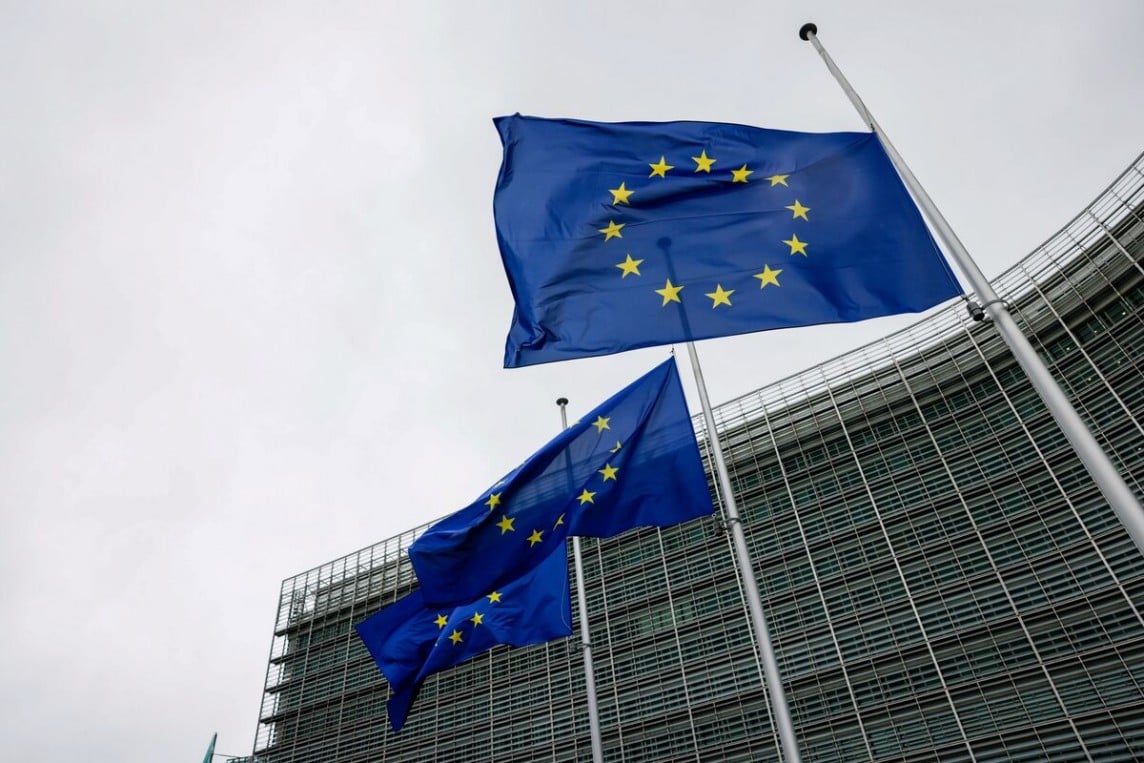 |
| European Commission headquarters in Brussels, Belgium. Photo source: Simon Wohlfahrt, Bloomberg |
This stagnation comes at a time when Europe needs economic growth to fund its defense, especially as US aid to Ukraine dries up. It also needs the economic conditions to meet its green energy goals, with the EU aiming to become carbon neutral by 2050. And that’s not to mention the long-term impediments to economic growth, such as demographics, onerous regulations and insufficient market integration.
According to experts, the EU economy will continue to face difficulties in the coming time from three major shocks: Energy, imports from China and tariffs from the US.
On the energy front, while the region’s gas crisis is over, its repercussions linger. After Russia launched a military campaign in Ukraine in 2022, which tightened supplies, natural gas prices in the EU skyrocketed, reaching a historic high of over €330/MWh in August 2022. Although gas prices returned to normal earlier this year, the long-term supply of gas to the region remains an open question. If gas imports continue, the EU may miss its renewable energy targets.
More serious is the shock from the increase in cheap imports from China, which, while beneficial to consumers, could harm manufacturers and increase social conflicts. Green growth is also an economic goal for China, which is relying on green goods to drive its domestic economy. Particularly in electric vehicle exports, the country’s global market share could double by 2030. This will be a big worry for big European carmakers such as Volkswagen and Stellantis, which already monopolize the market.
The final blow comes from the EU’s oldest ally, the United States. Recent polls show that the upcoming November election in this country is extremely close. If Donald Trump returns to the White House next January, goods from this continent could also be subject to huge tariffs. If in his previous term, Trump imposed tariffs on steel and aluminum imports from Europe, this time he could impose a 10% tariff on all imports from this bloc. A new trade war would be a terrible prospect for European exporters, which will have a turnover of 500 billion euros in the US by 2023.
What should Europe do to save its economy?
In recent years, European central banks have been rightly fighting inflation by raising interest rates. In contrast to the US, European governments are balancing their budgets better, which will cool their economies, while cheap imports from China will directly reduce inflation. This will give central banks in the bloc room to cut interest rates to support growth. If central banks keep their economies out of recession, it will be easier to deal with external shocks.
According to experts from the Economist, the big mistake would be for Europe to follow the protectionism of the US and China by launching huge subsidies for key industries. Competition over subsidies is not only a war with many risks, it also wastes resources that are already scarce in Europe. Slow economic growth in recent times has exposed the errors of excessive economic planning on the part of China. On the US side, President Joe Biden's industrial policy has not impressed voters as expected, making his second term prospects increasingly low.
On the other hand, if leveraged, protectionism from China and the US could make the EU economy more prosperous. The manufacturing boom in the US is an opportunity for European manufacturers to supply components. Cheap imports from China would ease the green energy transition and help struggling consumers.
Furthermore, experts recommend that Europe should develop its own economic policy that is appropriate to the current situation. Instead of pouring public money into industry like the US, Europe should spend it on infrastructure, education, and research and development. Instead of copying China’s economic plans, Europe should learn from Chinese companies about access to the domestic market. If the EU integrates its services market, unifies its capital markets, and loosens existing regulations, it can encourage manufacturing innovation and replace lost jobs.
In particular, the Economist stressed that: “Only an expanded market can boost European economic growth when the world is full of turmoil” . The newspaper also advised European diplomats to sign trade agreements whenever possible, instead of letting them delay negotiations as before.
Economic development opportunities between Vietnam and the EU
Strengthening economic cooperation between Vietnam and the EU will certainly benefit both sides in the increasingly complex global economic and geopolitical period. The EU is currently the fourth largest trading partner, the sixth largest investor and the largest non-refundable aid partner of Vietnam. Meanwhile, Vietnam is one of the few Asian countries with the most comprehensive relations with the EU, the only country in the region that has all the pillars of cooperation with the EU.
On the Vietnamese side, the EU is considered a potential market for agricultural products, especially since the Vietnam - EU Free Trade Agreement (EVFTA) took effect. According to the agreement, many of Vietnam's key agricultural products exported to the EU such as coffee, rice, pepper, cashew nuts, vegetables, tea and rubber all enjoy preferential tax rates, bringing great competitive advantages to Vietnamese agricultural products.
Since the implementation of the EVFTA, in addition to benefiting from export activities, many Vietnamese enterprises have increased the import of machinery and equipment from the EU, helping to raise product standards and increase the ability to join the global value chain, enhancing the competitiveness of Vietnamese products in the world market. In addition, the import turnover of other key products from the EU such as pharmaceuticals, chemicals, milk and dairy products also increased last year, according to a report by the Ministry of Industry and Trade.
Recently, during his visit and working visit to Vietnam in January 2024, Mr. Bernd Lange - Chairman of the International Trade Committee of the European Parliament said that in the future, Vietnam will be a stable destination in the context of the world experiencing many uncertainties. He also assessed that Vietnam and the EU have a stable, trustworthy relationship and good cooperation in many fields, with many signed agreements, so the two sides need to cooperate closely to promote this relationship to continue to develop more deeply in the future.
Source








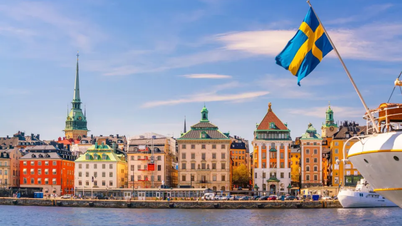



























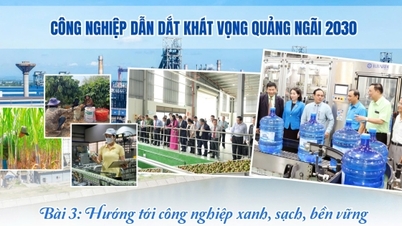
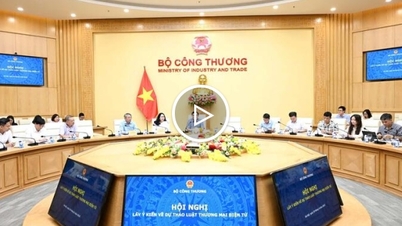








































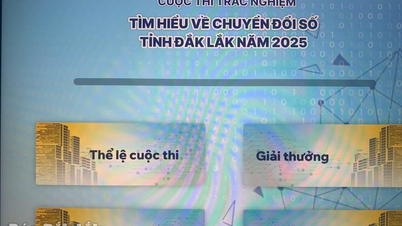

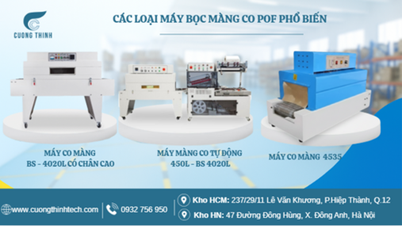





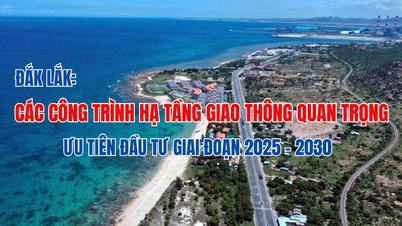












Comment (0)